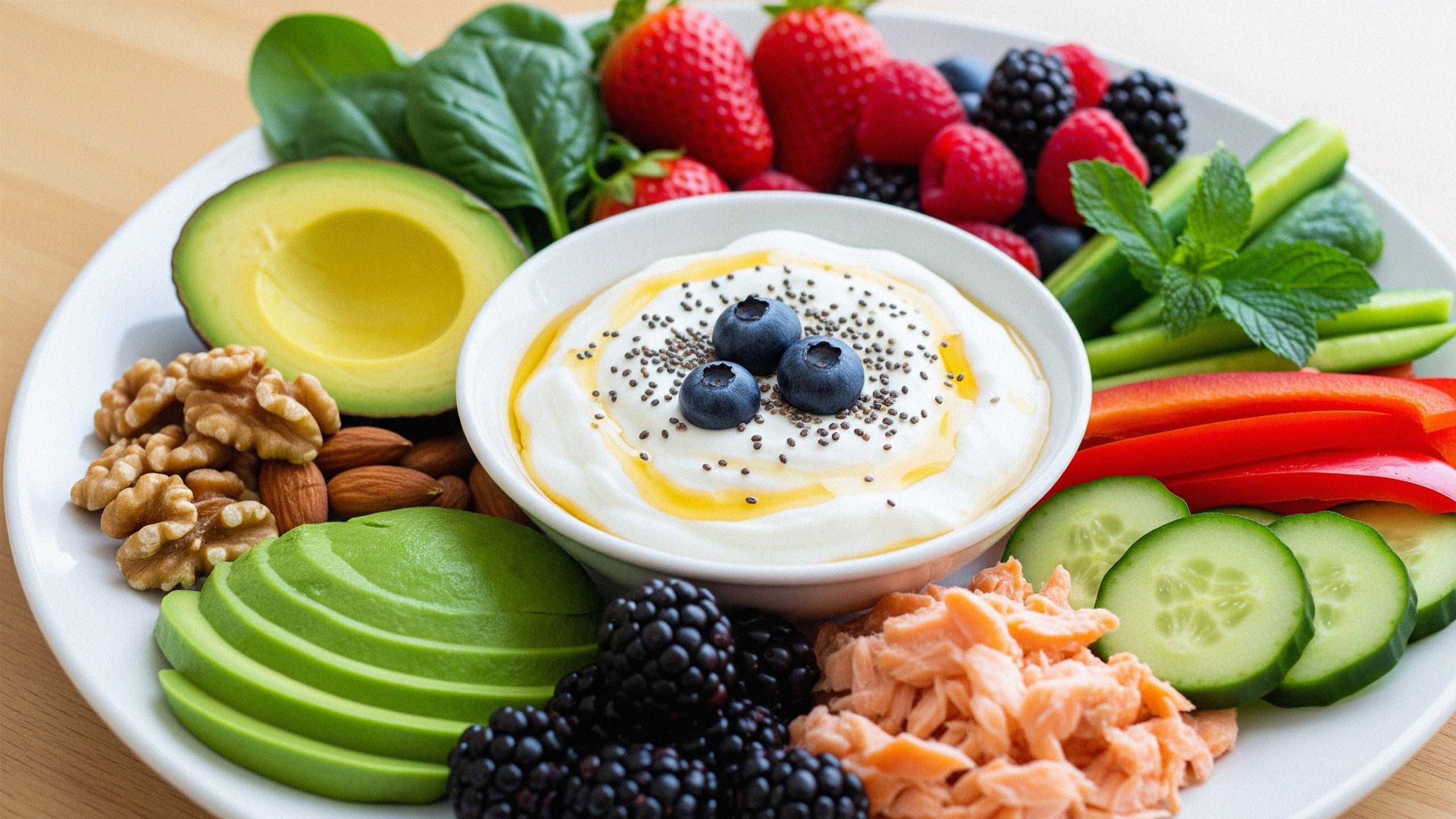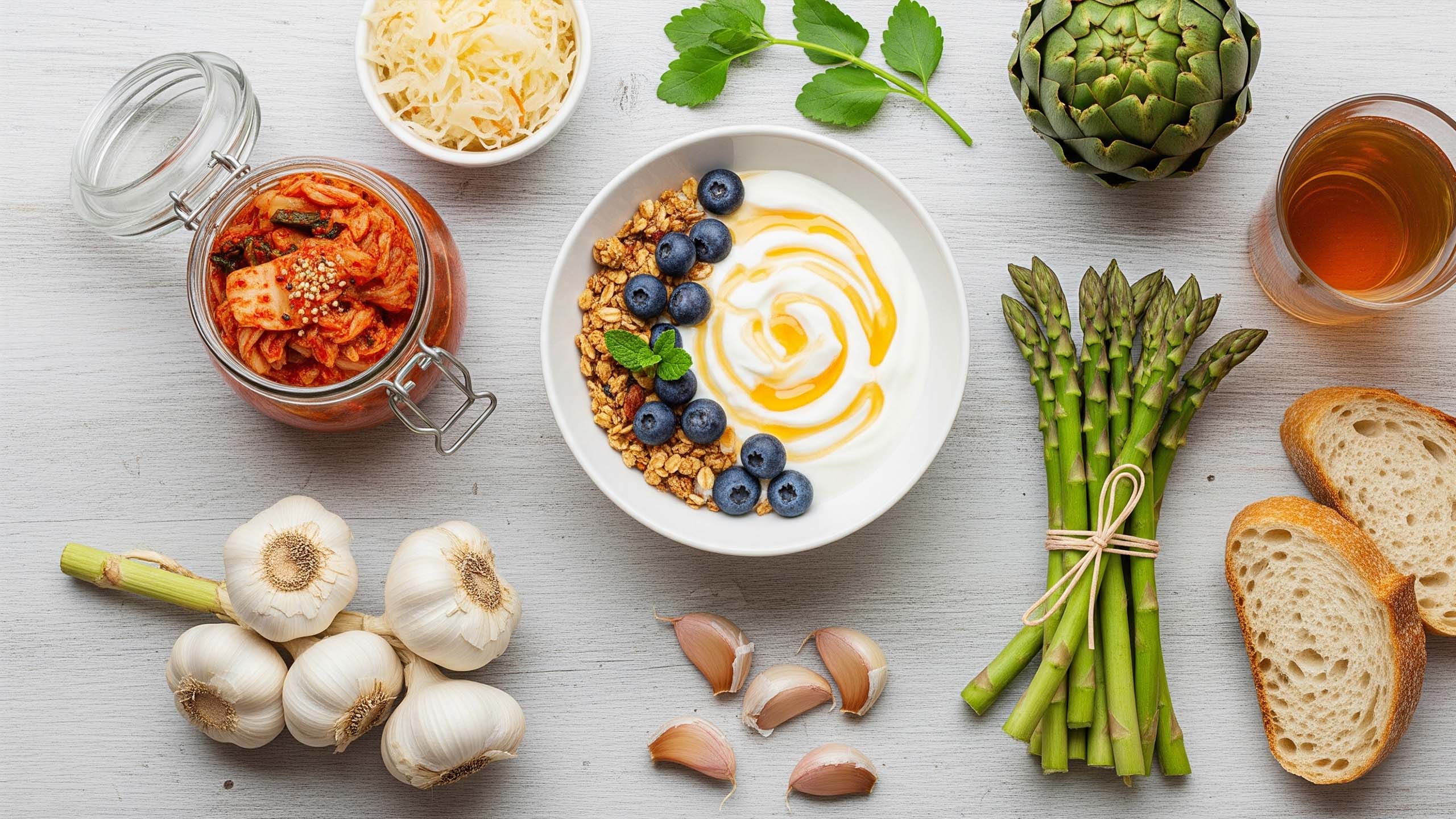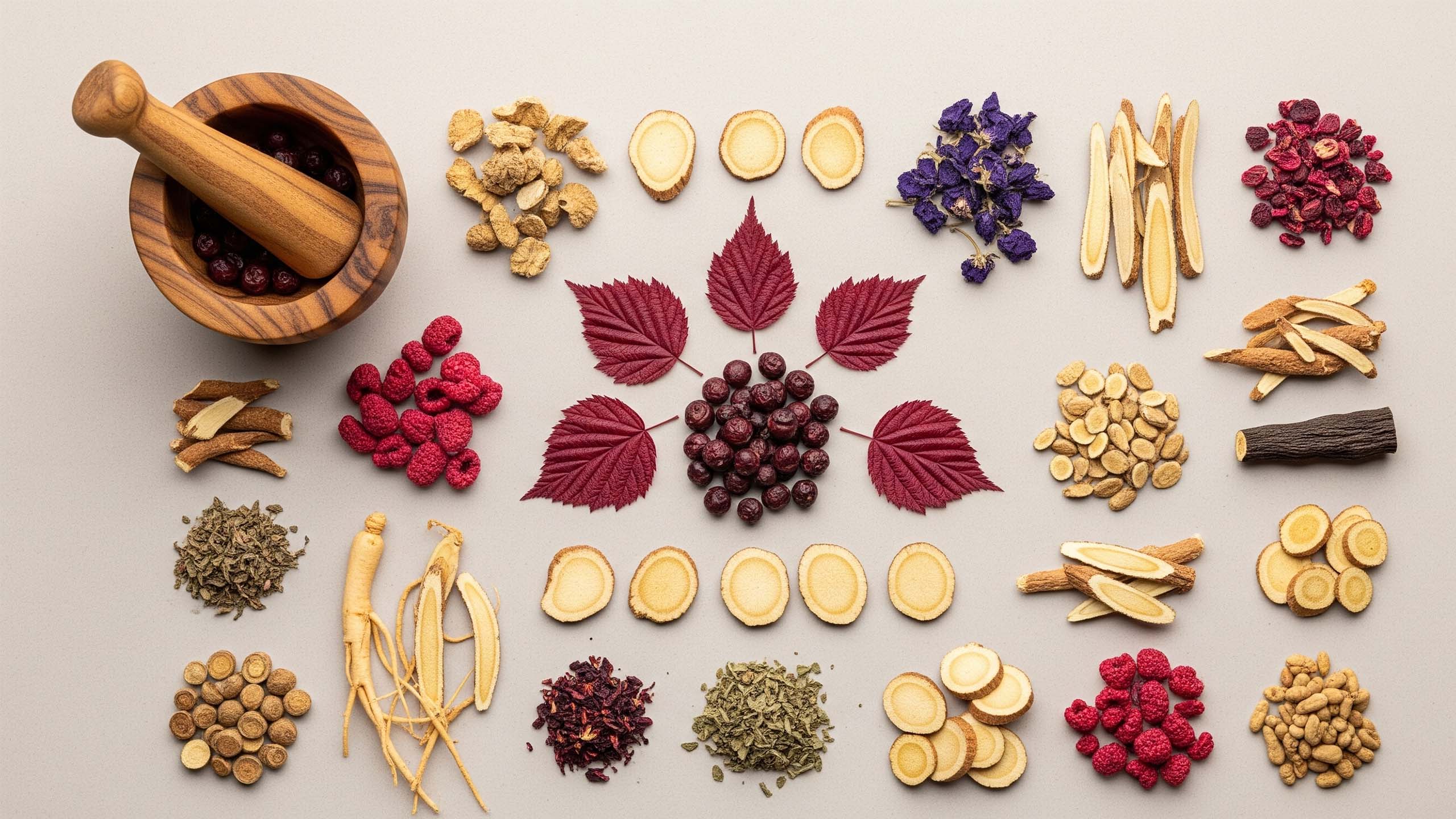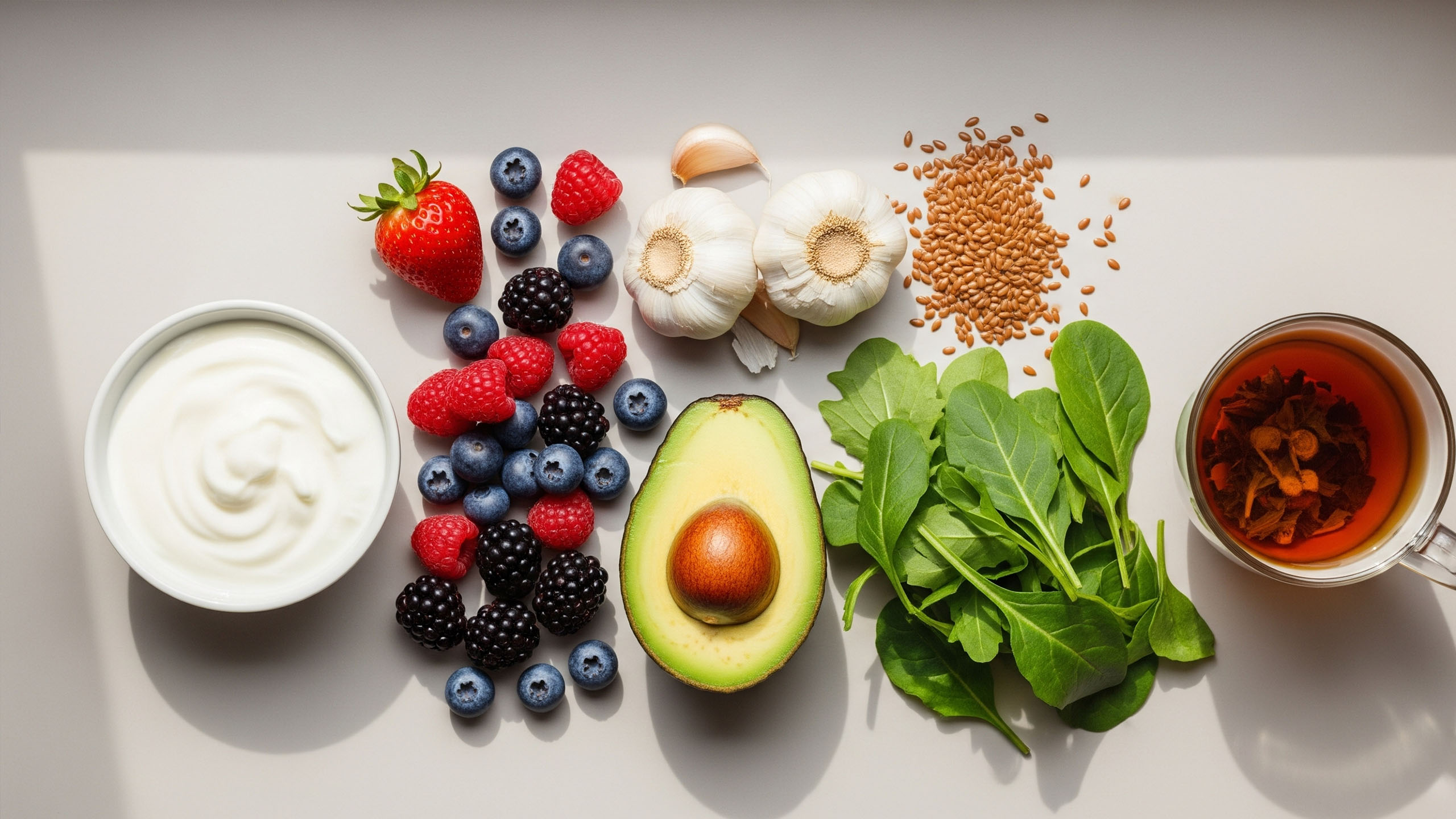Nourishing Your Vaginal Flora: Foods for a Balanced Microbiome
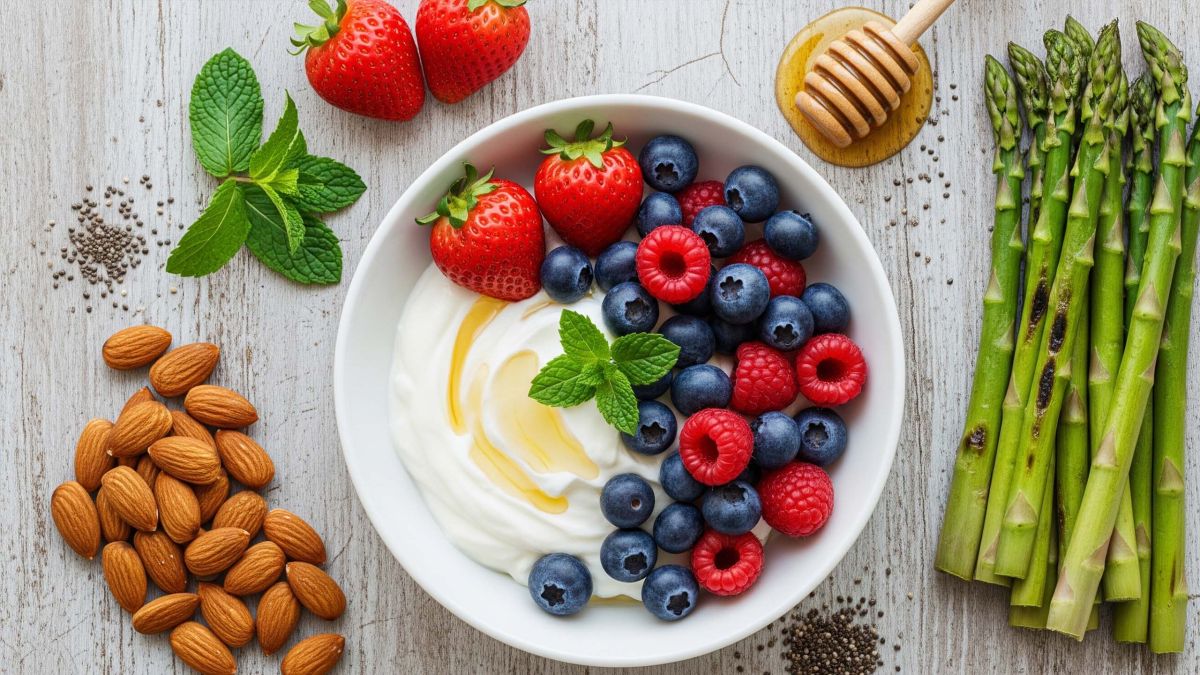
The health of the vaginal microbiome is a key component of a woman's overall well-being. This complex community of microorganisms, primarily composed of beneficial bacteria, plays a crucial role in maintaining the vagina's natural pH balance and defending against infections. While many factors influence this delicate ecosystem, diet is a significant and modifiable contributor.
Consuming specific nutrients can help support the beneficial bacteria, particularly species of the genus Lactobacillus, which are vital for vaginal health. Here is a guide to foods that can help maintain a balanced and healthy vaginal environment.
| Food Category | Primary Function | Examples |
|---|---|---|
| Probiotics | Introduce beneficial bacteria | Yogurt, Kefir, Kimchi, Sauerkraut |
| Prebiotics | Fuel existing good bacteria | Garlic, Onions, Bananas, Oats |
| Key Nutrients | Support immunity & tissue health | Citrus fruits, Fatty fish, Cranberries |
| Hydration | Maintain mucosal health | Water |
1. Probiotic-Rich Foods
Probiotics are live, beneficial bacteria that can help reinforce the populations of healthy microbes in your body, including the vaginal flora. Incorporating foods rich in these microorganisms is a direct way to support your internal ecosystem.
-
Yogurt and Kefir: Choose plain, unsweetened yogurt or kefir that contains "live and active cultures." These dairy products are excellent sources of Lactobacillus, the same type of bacteria that dominates a healthy vaginal microbiome.
-
Fermented Foods: Items like sauerkraut, kimchi, and miso are created through fermentation, a process that cultivates beneficial bacteria. Adding these to your meals can introduce a variety of helpful microbes into your system.
2. Prebiotic Foods
Prebiotics are a type of dietary fiber that your body cannot digest. Instead, they act as a food source for the beneficial bacteria in your gut, which in turn can influence vaginal health. By nourishing these microbes, you help them thrive.
-
Garlic and Onions: These common kitchen staples are rich in prebiotics that fuel healthy bacteria.
-
Leeks and Asparagus: These vegetables provide the necessary fiber to support a robust microbiome.
-
Bananas: Particularly when slightly under-ripe, bananas are a good source of prebiotic fiber.
-
Whole Grains: Oats, barley, and other whole grains contain fibers that serve as excellent fuel for beneficial microbes.
3. Hydration: The Foundation of Mucosal Health
Proper hydration is essential for the health of all mucous membranes, including the vaginal tissues.
-
Water: Drinking an adequate amount of water throughout the day helps maintain proper hydration, which can support natural lubrication and the flushing out of unwanted bacteria. Aiming for consistent water intake is a simple yet effective step.
4. Nutrients for Overall Immune and Tissue Support
A well-functioning immune system is critical for preventing infections. Certain vitamins and fatty acids contribute to both immunity and tissue integrity.
-
Vitamin C: Found in citrus fruits, bell peppers, strawberries, and broccoli, Vitamin C is known for its role in supporting the immune system.
-
Omega-3 Fatty Acids: Present in fatty fish like salmon and mackerel, as well as in flaxseeds and walnuts, these fats have anti-inflammatory properties that contribute to overall health.
-
Cranberries: Unsweetened cranberry juice or whole cranberries contain compounds known as proanthocyanidins (PACs). These substances may help prevent certain harmful bacteria from adhering to the walls of the urinary tract, which is closely related to vaginal health.
Foods to Consume in Moderation
Just as some foods can be beneficial, others can potentially disrupt the microbial balance, especially when consumed in excess.
-
High-Sugar Foods and Drinks: Diets high in sugar can promote the overgrowth of yeast, potentially leading to yeast infections. Moderating your intake of sugary snacks, desserts, and sweetened beverages can be helpful.
-
Highly Processed Foods: These foods often lack the essential nutrients needed for a healthy body and can contribute to inflammation, which may negatively affect the microbiome.
A Holistic Approach
Diet is one important piece of maintaining vaginal health. A balanced lifestyle that includes a nutrient-dense diet, proper hygiene, and regular medical check-ups creates a strong foundation for well-being. By focusing on whole foods that nourish your body's beneficial bacteria, you can take a proactive role in supporting your vaginal microbiome.
If you have persistent concerns about your vaginal health, such as recurrent infections or unusual symptoms, it is always recommended to consult a healthcare provider for a proper diagnosis and personalized advice.
Disclaimer: The articles and information provided by the Vagina Institute are for informational and educational purposes only. This content is not intended to be a substitute for professional medical advice, diagnosis, or treatment. Always seek the advice of your physician or another qualified health provider with any questions you may have regarding a medical condition.


 Deutsch
Deutsch  English
English  Español
Español  Français
Français 